Farming: Union anger over plans for big licence fee rises
- Published
- comments
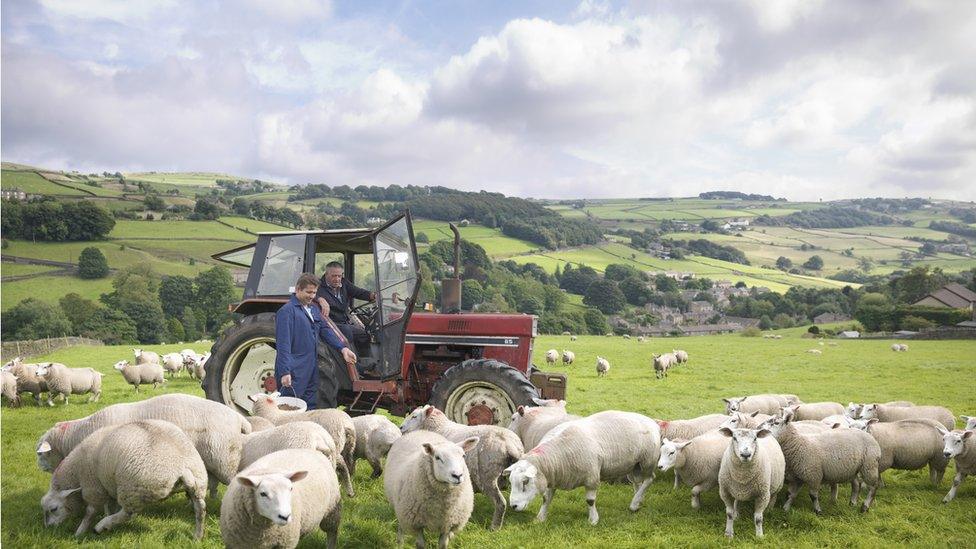
Permits for disposing waste sheep dip to land are among those licences facing big rises
Plans for huge fee increases for farmers have been called "astonishing".
The changes, set out in a consultation, would see various hikes such as the cost of one-off application to remove water rising from £135 to £6,327.
NFU Cymru said it was "dismayed" by Natural Resources Wales' (NRW) plans as farmers already faced rising costs for fuel, feed and fertilisers.
But Natural Resources Wales (NRW) said current fees "do not reflect the full costs of delivering these services".
The majority of the planned changes would apply to one-off application fees, it said, adding existing permits would be mostly unaffected unless they needed to be varied in some way, although some charges to roll them over will increase.
Hedd Pugh, chairman of the NFU Cymru's rural affairs board, said there had been a lack of transparency over the way NRW officials had calculated the charges.
"While we understand that NRW has a duty to recover costs and is unable to cross subsidise various charging regimes, farmers will be astonished at the scale of the proposed cost increases, which are excessive and prohibitive to many farm businesses in Wales," he said.
If the new fees come into force in April, other rises would see land spreading of spent or unused sheep dip go up from £402 to £3,728 and advice on applications would rise to £125 per hour.
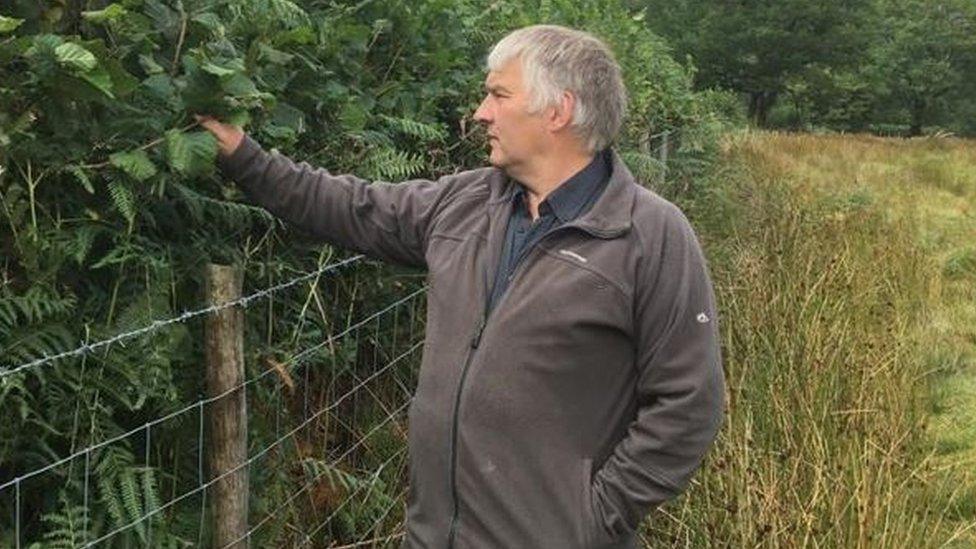
Hedd Pugh has called on NRW to be realistic with its proposed fees
Mr Pugh, who farms sheep and beef in Dinas Mawddwy in Gwynedd, said he already had a permit to spread dip but for anyone needing a new licence or to change an existing one, the costs would be "horrendous".
"NFU Cymru is extremely concerned that the proposals, as they stand, will have serious unintended consequences.
The planned changes, external could also potentially affect many businesses involved in waste, construction and industry.
NRW said it appreciated the affect its proposals might have, "especially given the wider cost of living pressures".
Martyn Evans, its regulatory futures team leader, said NRW wanted to create "a fairer and more transparent charging system which will result in more effective protection and improvement of our natural environment in Wales".
He added the proposed charges were likely to impact farmers intensively rearing pigs and poultry.

WILD MOUNTAINS OF SNOWDONIA: Five farming families open their gates and share their lives
IOLO: A WILD LIFE: Iolo delves into the archives from the past 25 years

- Published26 September 2022
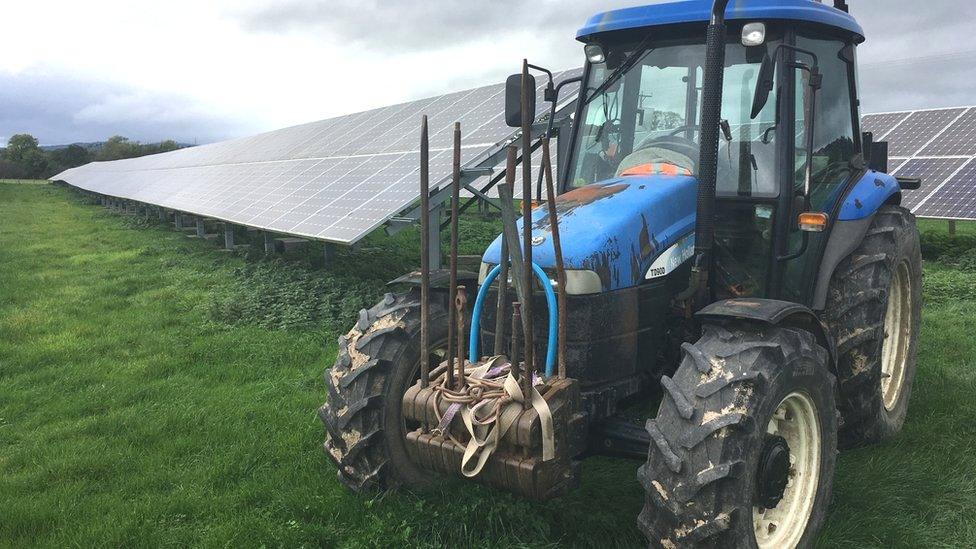
- Published22 July 2022
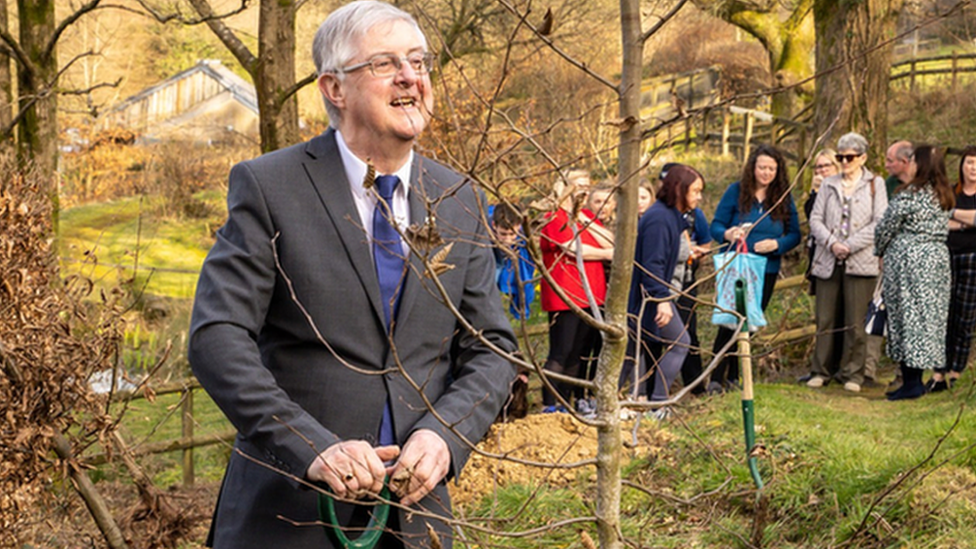
- Published30 August 2022
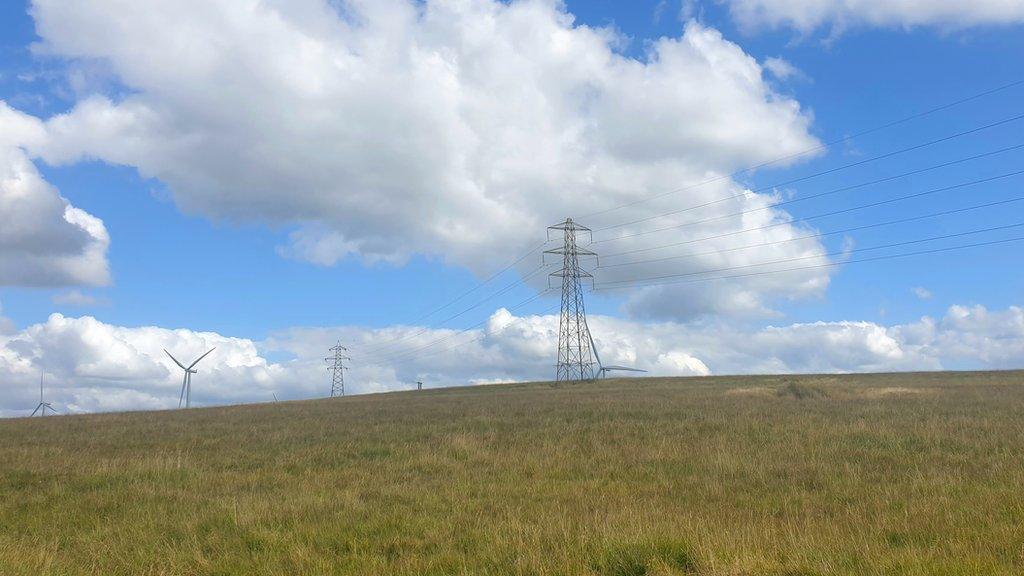
- Published6 December 2022
